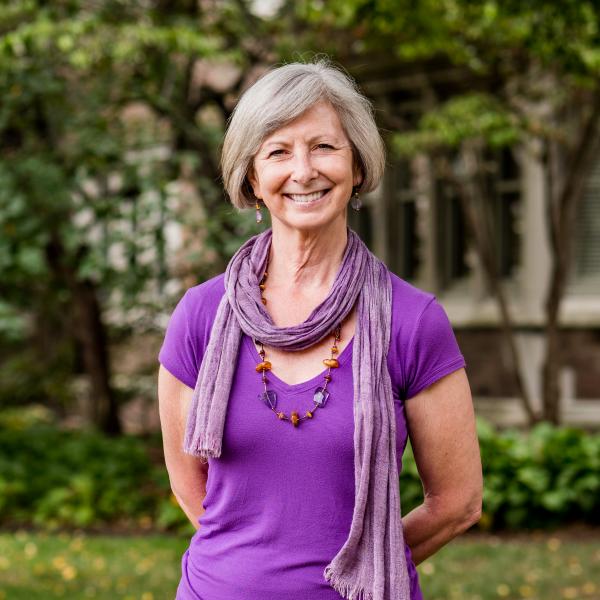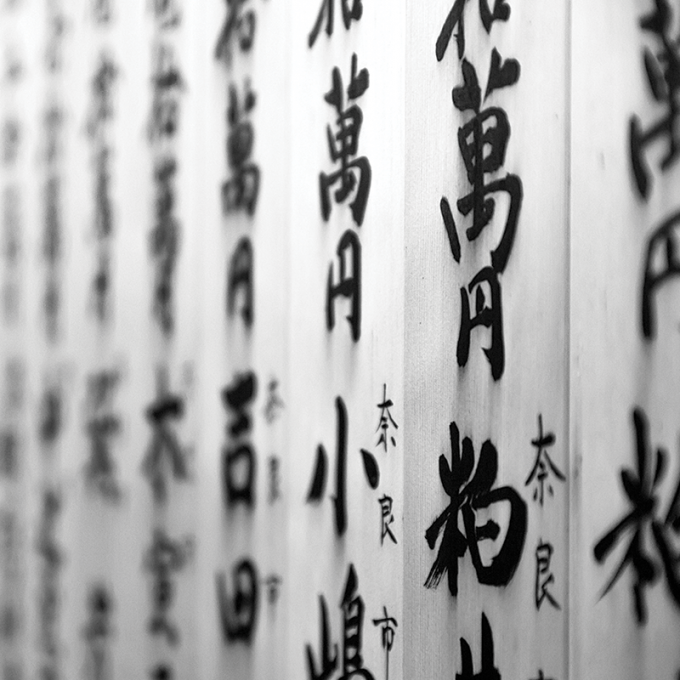Professor Copeland's research and teaching interests include modern and contemporary women's writing in Japan, modern literature and material culture, and translation studies.
[Professor Copeland is not currently accepting new PhD students.]
Rebecca Copeland’s research and teaching are informed by questions of both gender and genre. She focuses almost exclusively on modern Japanese women writers, examining the way their gender has defined and often confined their literary production. Women writers in the 19th century were expected to conform to socially accepted notions of femininity. Women in the early 20th century often wrote with a self-conscious awareness of their gender, performing to almost hyperbolic extremes ideas of femininity. Their works are draped in kimono and covered in make-up. Later 20th-century women writers were known to parody these notions, creating monstrous aberrations of womanhood. And there were certain genres that were deemed unsuitable for a woman. One was the hardboiled mystery, which is another of Copeland’s interests.
Recently, Copeland edited Handbook of Modern and Contemporary Japanese Women Writers (Japan Documents, 2022), a collection of twenty-four essays by scholars from North America, Europe, Australia, and Japan.
Copeland's most recent research project returns her to the writer Uno Chiyo, who was the subject of her dissertation and first book. She is contributing to a collection of essays on Japanese women writers and divorce. Uno Chiyo was well versed in the topic. Married three times, she was to have quipped: “No one is as lucky as a woman writer. No sooner does she break up with a man than she can write about it all without the slightest sense of shame.” What fascinates Copeland about Uno, is that she ran a newspaper advice column for a time, counseling women whose marriages were on the rocks. She also wrote a number of cookbooks and had a second career as a kimono designer. Rather like Martha Stewart, Uno could be described as “a bad girl of good housekeeping.” And that aspect of her career will be the focus of Copeland’s next academic project.
In addition to scholarly projects and translations, Copeland is moving into creative writing. Her work travels between Japan and the Blue Ridge Mountains, tracing the lines of memory, identity, and self-discovery. The Kimono Tattoo (Brother Mockingbird, 2021), Copeland’s debut novel, takes readers on a journey into Kyoto’s intricate world of kimono design. As Ruth struggles to unravel the cryptic message hidden in the kimono tattoo, she is forced to confront a vicious killer along with her own painful family secrets.
A second creative project, the short story “Blue Ridge Yamamba,” appeared in the anthology Yamamba: In Search of the Japanese Mountain Witch, co-edited with Linda C. Ehrlich. The anthology includes short stories, poems, essays, and interviews with performance artists, all on the topic of the enigmatic mountain witch (Stone Bridge Press, 2021).
For more on Copeland’s creative projects, and to follow her blog posts, see her webpage: www.rebecca-copeland.com
Teaching is an integral part of Rebecca Copeland’s interests and identity. She offers courses on mystery fiction, demonic women in fiction, overviews of women’s writing, readings in dramatic texts, explorations of translation, and more. One of the more exciting pedagogical opportunities she has had recently is offering classes on Japanese Civilization at the Missouri Eastern Correctional Center—as part of the Prison Education Program.
Copeland was born the fourth daughter to missionary parents in a Japan still recovering from the aftermath of war. Shortly after her birth, the family relocated to Wake Forest, North Carolina. As a junior in college, Copeland had the opportunity to spend a year in Japan, where she studied traditional dance, learned to wear a kimono, and traveled, making ridiculous mistakes in the Japanese language. Afterwards she earned a PhD in Japanese literature at Columbia University.
Copeland’s first monograph, The Sound of the Wind: The Life and Works of Uno Chiyo, was published by the University of Hawai'i Press in 1992. Her study of Meiji women writers, Lost Leaves: Women Writers of Meiji Japan was published by the University of Hawai'i Press in 2000 and was named a Choice Outstanding Academic Title for 2001. The University of Hawai'i Press also published her edited volume Woman Critiqued: Translated Essays on Japanese Women's Writing in 2006. Copeland co-edited a collection of essays concerning the relationship between women writers and their fathers – both biological and cultural – with Dr. Esperanza Ramirez-Christensen of University of Michigan, The Father-Daughter Plot: Japanese Literary Women and the Law of the Father (University of Hawai'i Press, 2001) and a collection of translations, Modern Murasaki: Writing by Women of Meiji Japan with Dr. Melek Ortabasi of Simon Fraser University (Columbia University Press, 2006). More recently, Copeland collaborated with Dr. Laura Miller, the Ei’ichi Shibusawa-Seigo Arai Endowed Professor of Japanese Studies at the University of Missouri–St. Louis, on Diva Nation: Female Icons from Japanese Cultural History (University of California Press, 2018). Grotesque, Copeland's translation of a Kirino Natsuo title, was published by Knopf in 2007. Her translation of Kirino’s Joshinki (The Goddess Chronicles) was published by Canongate in 2012 and won the 2014-15 Japan-U.S. Friendship Commission Prize for the Translation of Japanese Literature.


